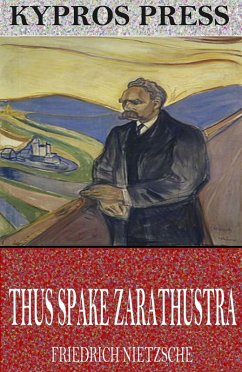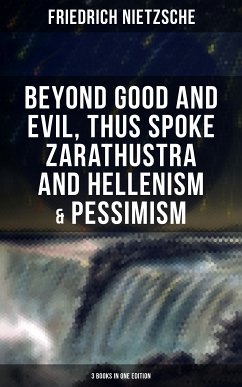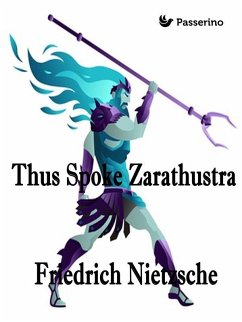
Thus Spake Zarathustra (eBook, ePUB)

PAYBACK Punkte
3 °P sammeln!
Thus Spake Zarathustra (eBook, ePUB)
Dieser Download kann aus rechtlichen Gründen nur mit Rechnungsadresse in A, B, BG, CY, CZ, D, DK, EW, E, FIN, F, GR, HR, H, IRL, I, LT, L, LR, M, NL, PL, P, R, S, SLO, SK ausgeliefert werden.













